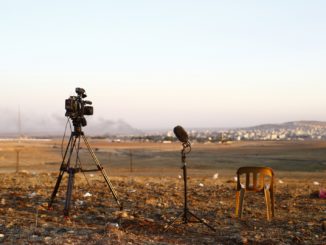
Journalism, History, and War in the Middle East: Sit, Type and Bleed
To be a journalist reporting on the Arab upheaval and not fully fathom the history of the region and the hopes and aspirations of the people is no longer excusable.

To be a journalist reporting on the Arab upheaval and not fully fathom the history of the region and the hopes and aspirations of the people is no longer excusable.
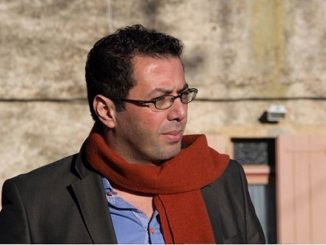
Palestinian-American historian, journalist and author, Dr. Ramzy Baroud, speaks on his upcoming book, just-released digital media project – Palestine in Motion – and why Palestinian history has to be urgently retold.
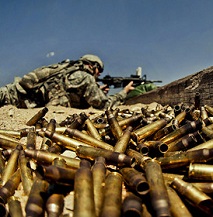
Writing about and reporting the Middle East is not an easy task, especially during these years of turmoil and upheaval. But I cannot remember another time in recent history we needed journalists to shine, to challenge conventional wisdom, to think in terms of contexts, motives, alliances, not ideological, political or financial interests.
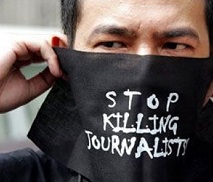
November 2nd, the International Day to Protect Journalists, can be a day of taking stock of our efforts and reflecting on the dangers and opportunities that are open to us.
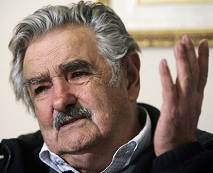
Under the Presidency of José “Pepe” Mujica, Uruguay has made a number of international headlines in recent years for progressive moves such as legalizing same sex marriage, abortion and marijuana cultivation and trade, as well as withdrawing its troops from Haiti. This week, Mujica offered to welcome detainees from the US’s detention center at its base in Guantánamo Bay, Cuba.
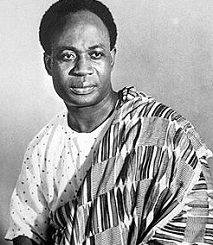
Toward Freedom editor Bill Lloyd and two of his four children spent ten weeks with him crossing Africa during Fall, 1957. They subsequently published a series of first-hand reports inTF on independence struggles in ten countries. In the process they also met privately with the new leaders of Ghana, the Sudan and Tunisia.
Copyright Toward Freedom 2019